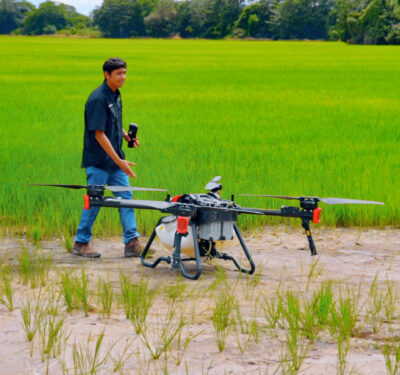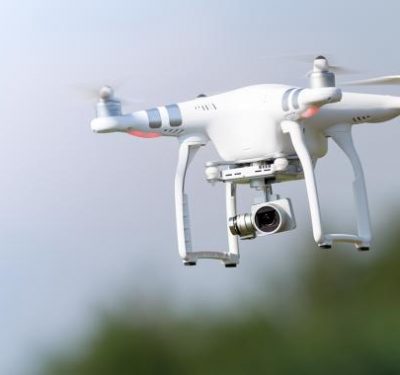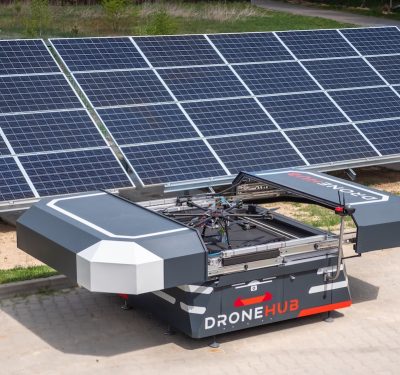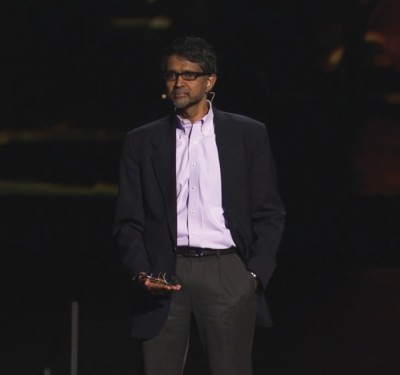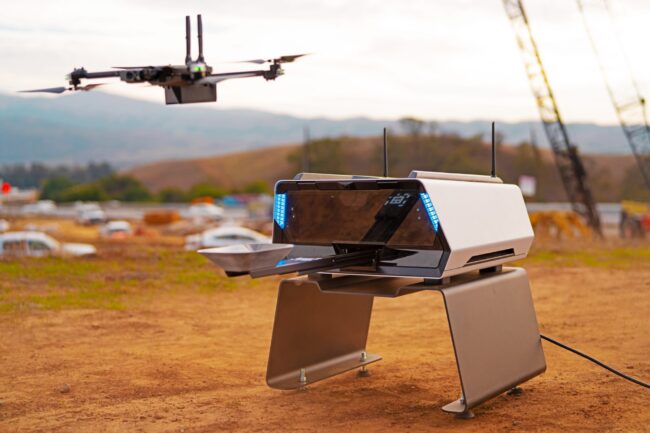
ATLANTA—Southern Company, in partnership with Skydio, announced the FAA has granted a conditions-based waiver enabling remote-based, autonomous BVLOS dock operations across its system.
The waiver is one of the first of its kind and will integrate autonomous drone systems in support of remote-based monitoring and inspection. This BVLOS waiver will assist the Southern Company system with remote-based infrastructure monitoring and inspection at plant sites, substations and other fixed site locations allowing more efficient inspections, mapping and monitoring aimed at making the energy infrastructure more resilient and reliable for customers. Other utilities have also received similar waivers.
“This is a huge step in advancing autonomous and remote operations at scale,” said Dean Barefield, Southern Company’s UAS program manager. “The waiver will help to unlock the true potential of autonomous and remote-based operations while increasing efficiency and reliability.”
The Southern Company system will conduct these operations using Skydio X2 and Skydio Dock. Skydio’s AI technology will allow operators to safely inspect infrastructure in close proximity to structures, even in complex environments that would be challenging or impractical with less sophisticated drone technology.
“This national-scale approval enables the Southern Company system to conduct remote operations at critical infrastructure sites from Georgia to California,” said Jenn Player, Skydio’s senior director of aviation regulatory affairs. “When it comes to scaling beyond visual line of sight operations, having an intelligent drone makes all the difference. Skydio was proud to support Southern Company in obtaining this approval that enables inspection and monitoring of critically important facilities.”
The Southern Company system was previously granted a waiver in November 2022 that allowed for advanced BVLOS operations using drones to map and inspect stacks, transmission lines and basins at Plant Barry in Bucks, Alabama. This waiver granted the company the ability to perform safer, more efficient recurring inspections of its system’s critical infrastructure.


